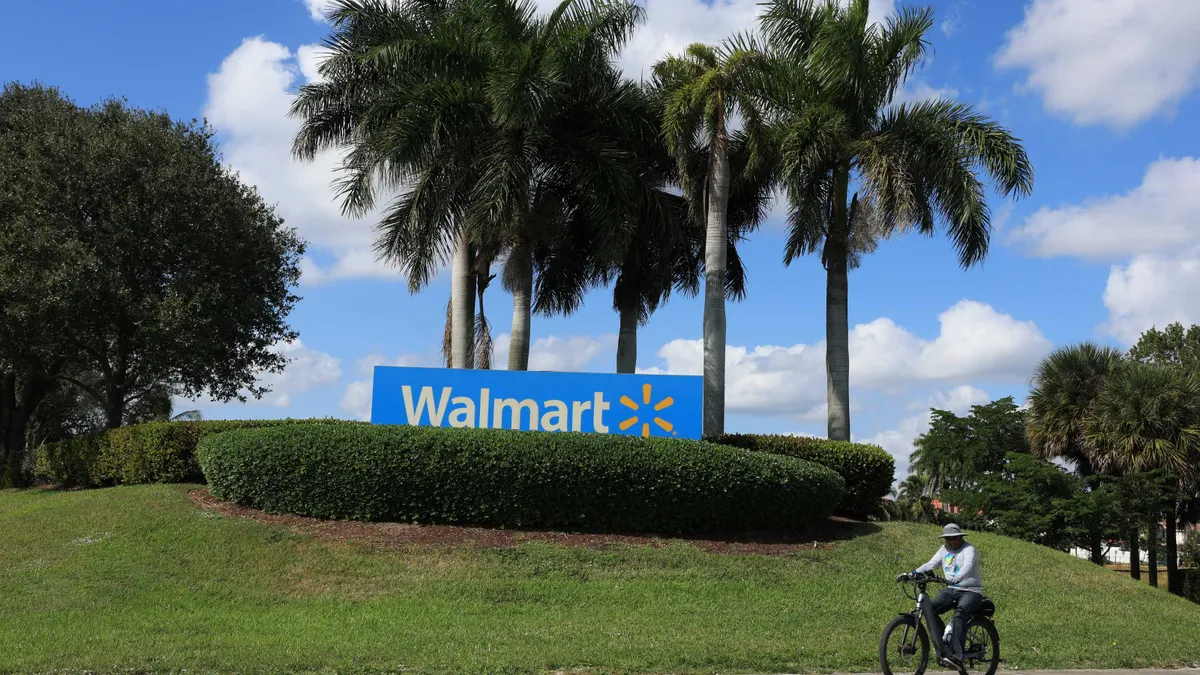When the digital identity verification company Socure launched operations in 2012, online gambling was still illegal, cryptocurrency networks didn’t exist and buy-now-pay-later was still something you did in a store with a credit card. Now, Socure has some 500 clients in sectors as varied as government and healthcare, all focused on securing payments and other transactions, CEO Johnny Ayers said.
“When we did our research in the very early days of starting the company, everybody we interviewed said ‘There is so much headroom for you guys,’” Ayers said during an interview, noting Socure signed up 217 customers in the second quarter of 2021.
The headroom may be a bit more crowded these days, filled with companies trying to verify identities and secure all sorts of payments, from paychecks to unemployment benefits. Services such as telehealth and payroll are undergoing a rapid digitization and that is increasing the number of industries seeking secure payments, Ayers said.
Additionally, new business sectors have emerged, such as cryptocurrency and online gaming, and the number of use cases for high-level identity assurance is growing rapidly, he said. Even social media platforms have to take measures against identity fraud now.
Risk grows with more online money movement
Many companies are trying to enable faster money transfers and tout the availability of funds as a selling proposition, but this is creating risks that must be addressed by technology, Ayers said.
“E-commerce volume increasing from $600 billion to $800 billion means there’s a lot larger surface area of risky transactions,” he said. And as that surface area has increased, the numbers for fraud losses are increasing on financial services, e-commerce and many other areas, he explained.
The COVID-19 pandemic forced a growth spurt in online payments, as many traditional transactions pivoted to the digital space. The digital payments market is expected to more than double in the next five years, from $5.4 trillion to $11.3 trillion by 2026. With sums like that in play, fraud can only be expected to grow apace. The credit agency Transunion reported suspected fraud online more than doubled in the first four months of 2021 compared to the last four of 2020.
Seeing a potential need of that size, it’s no wonder so many financial technology companies have homed in on payments security, with startups angling for market share and established payments companies investing in their own B2B security tools. A forecast by Prophecy Market Insights estimates the market for products and services to counter payments fraud will grow 15% per year this decade, from $4.6 billion in 2019 to $18.6 billion in 2029.
It’s an increasingly crowded market, said Andras Cser, a principal analyst on security and risk at the research firm Forrester, who recently surveyed the competitors. His study identified 37 companies offering enterprise fraud management software with annual revenue of more than $1 million, including 10 which bring in more than $80 million per year in EFM-related revenue. (The study left out those with revenue under $1 million, but there are a number of startups in that space, as well, Cser noted.)
The increased availability of technology and cloud computing power has been a factor in the growth of the market. Many of the technology tools used for fraud prevention require considerable computing power, so the availability of cloud computing now puts them within reach of more companies. Additionally, the surge in online payments—and fraud—during the COVID-19 pandemic “is definitely a part of the attention,” according to Cser.
Traditional players in credit risk management such as Experian, TransUnion and FICO are now focused on digital payments. Technology mainstays such as IBM and SAS are also key players in the global online payment fraud market.
Card giants zero in on fraud too
Card giants such as Mastercard and Visa now offer entire toolkits to help merchants combat cybercrime. Visa made an early bet by acquiring CyberSource for $2 billion in 2010 and made it the backbone of its efforts. American Express owns Accertify after acquiring it back in 2010. More recently, Mastercard bought NuData Security in 2017, acquiring that company’s behavioral biometrics technology that allows identification of people by unique traits like how they hold a phone or how fast they type. Mastercard also in April acquired Ekata, a digital identity company that gives consumers tools to prove they are who they say they are.
“We definitely see fraud, cybersecurity, (and) digital identity as areas where there needs to be a lot of improvement and (there is) a lot of opportunity,” said Sukhmani Dev, senior vice president of digital payments at Mastercard in Canada. “You’re going to continue to see a lot of movement in this space because we’re spending more and more time online.”
For the legacy payment networks, security is a unique selling proposition to compete for credit and debit card transactions, especially as they increasingly face new fintech competitors.
At a recent virtual conference, Visa Chief Financial Officer and Vice Chairman Vasant Prabhu touted the company’s $9 billion investment in technology over the last five years, singling out security features such as “all the stuff we've done on tokenization, the things we've done on authentication.” It’s a competitive business, he told investors at The Bank of America Global Technology Conference.
Venture capitalist fuel startups fighting fraud
Meanwhile, venture capitalists have put their money in play in the sector, too. A recent Gartner marketplace survey noted “a flurry of investing activity during the last year.” Forter, an e-commerce fraud prevention company, recently raised $300 million in funding, nearly tripling the $125 million it raised six months earlier. In April, Signifyd Inc., which sells a fraud protection software that uses artificial intelligence to spot fraud in real time, raised $205 million from investors. Feedzai, a risk-management platform which only in March had raised $200 million from investors, recently acquired Revelock, a company specializing in behavioral analytics and biometrics, to fine-tune its product.
The Gartner report noted the increased capital is being used for sales marketing efforts in new regions around the world and to new customer groups. So far it seems like a safe bet: Riskified, a risk management platform to secure ecommerce, went public in the New York Stock Exchange at the end of July. In June, Socure landed an unspecified investment from Capital One Ventures, the bank’s tech incubator, and hinted it may be the next IPO in the space.
The explosion of financial technology players—“fintechs” such as Square, Stripe and many others—has also been a big factor in the growth of antifraud technologies. Many of these digital-native companies are seeking to partner with technology companies, Socure’s Ayers explained.
A lot of the Internet-first companies are seeking peers moving at their heady pace that can be partners as they scale to become the "Fortune 500 companies of tomorrow,” he said.
The expansion of open banking, the sharing of transactions and data across applications and systems, has also created more need to secure those transactions, spurring more anti-fraud tech activity. Financial institutions are rushing to stake a claim in this evolution, leveraging their credibility in transaction security.
Speaking to investors recently, Visa CEO Alfred Kelly touted his company's acquisition this year of the open banking platform Tink and its “sustained investment in resilient cybersecurity and fraud prevention” as key to spurring the expansion of open banking in Europe.
For the new entrants, expanding technology has been a strong focus, and it has been a factor in the burst of new anti-fraud solutions activity. The availability of machine learning and artificial intelligence capabilities at scale has fueled much market activity, noted Forrester’s Cser.
“These algorithms are much more available,” Cser said “We have much bigger ability to buy the hardware, cloud-based computing and all this number crunching,” but he warned that’s not all it takes to succeed. The need for industry knowledge can’t be understated, he said.





















